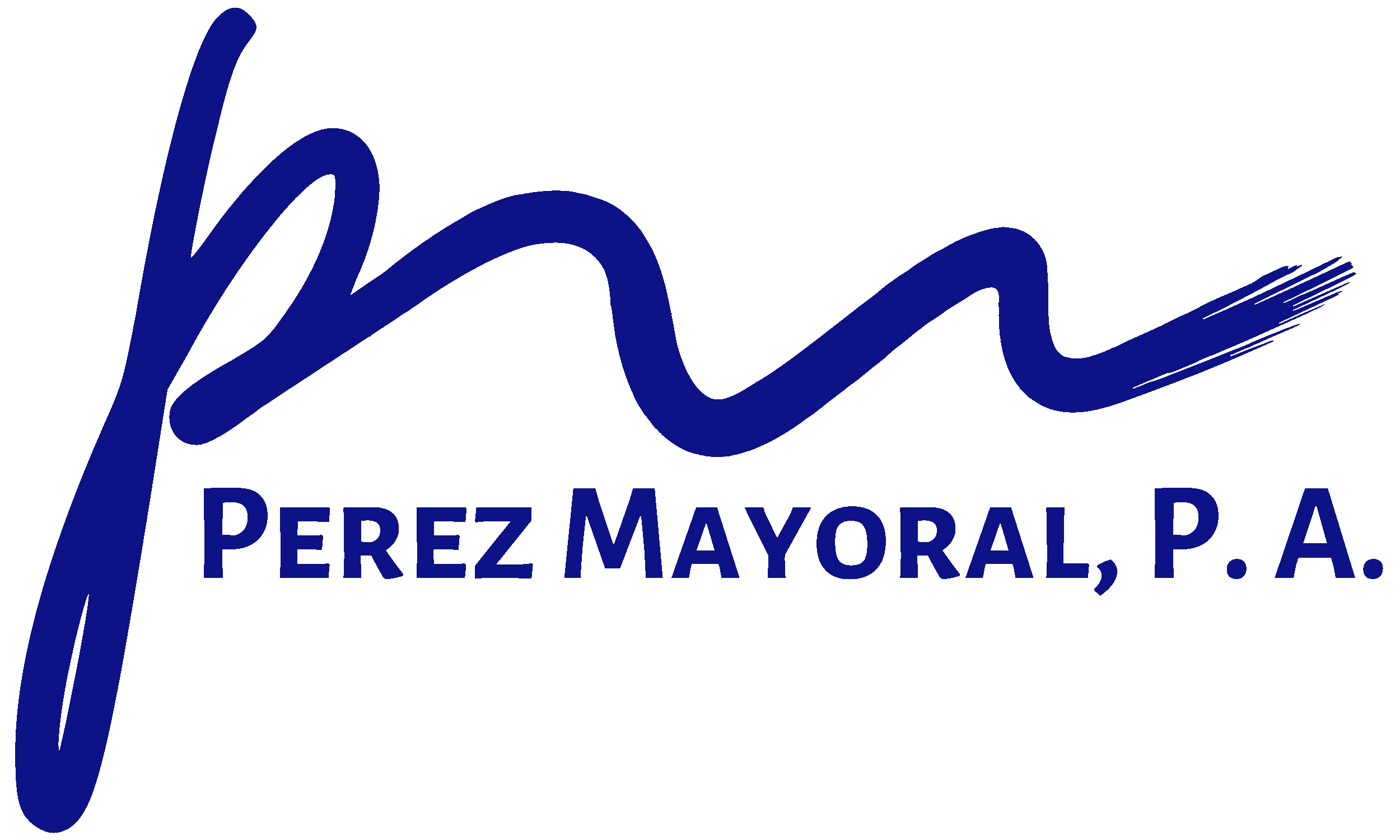Moving into a new community is often an exciting experience. Whether you are a first-time homeowner or a seasoned property investor, being part of a community managed by a homeowners’ association (HOA) or condominium association (COA) can bring a sense of belonging and pride. However, as much as joining an HOA or COA can be beneficial, it is essential to understand the role and responsibilities of these associations in managing properties. This blog post aims to delve deeper into the role and responsibilities of HOAs and COAs in managing properties, helping homeowners understand how these associations work and operate and how they can benefit homeowners.
What is an HOA or COA?
HOAs and COAs are private associations that manage and govern communities, including properties under the association’s jurisdiction, like shared spaces, walkways, roofs, and other communal areas. These associations ensure that properties and neighborhoods are well taken care of and are of a consistent standard and that community members adhere to certain standards, like keeping lawns manicured or pets restrained.
Responsibilities of HOAs and COAs
HOAs or COAs manage shared resources like swimming pools, pest control, landscaping, snow removal, trash collection, and more. They are also responsible for managing and enforcing rules or covenants, conditions, and restrictions (CC&Rs) that local authorities cannot enforce. One of their key responsibilities is maintaining and repairing common elements, as required by Florida Statutes § 718.113(1) for condominium associations and as typically governed by their governing documents for homeowners’ associations. The failure to properly maintain and repair common elements can often lead to property damage for homeowners, which could result in legal disputes.
Pros and Cons of Living Under an HOA
If you’re considering purchasing a property in a community governed by an HOA or COA, it’s essential to note that there are both pros and cons to living under these structures. On the one hand, HOAs can help maintain the common areas, hold owners to a standard, and increase property values. Some communities with HOAs/COS also provide residents with amenities such as fitness centers or community spaces. On the other hand, residents may find that costs, especially for dues and fines, can be high, and disagreements about what constitutes maintenance can often lead to legal HOA disputes.
What Happens If the Association Breaks the Rules and Fails to Maintain Common Elements?
If your HOA or COA fails to comply with its rules and neglects to maintain common elements, you may have legal recourse. These failures can lead to property damage for homeowners, and in such cases, it’s crucial to know your rights. It’s best to consult an HOA attorney or COA attorney if you encounter legal issues with your association due to their failure to maintain and repair common elements. They can help you understand your options and guide you through the process of holding the association accountable for its actions.
Legal Options Available
If you find yourself in a legal dispute with your HOA or COA, it’s crucial to explore your legal options. If your case is complex, particularly involving property damage due to the association’s failure to maintain and repair common elements, retaining a firm like ours, Perez Mayoral, P.A., can provide the expertise and guidance you need. Our experienced HOA and condominium attorneys can help you navigate legal channels like arbitration, mediation, and trial court, depending on the circumstances, and fight for your rights as a homeowner.
In conclusion, understanding the role and responsibilities of HOAs and COAs in managing properties is crucial for every homeowner who wants to reside in such communities. HOAs and COAs may come with their share of benefits and drawbacks, but with proper knowledge, homeowners can make informed decisions and ensure that their communities run efficiently. And if matters get too complicated, our experienced HOA attorneys and condominium attorneys at Perez Mayoral, P.A. are always willing to fight for your rights and resolve the situation satisfactorily. Contact us today for a free case review.

